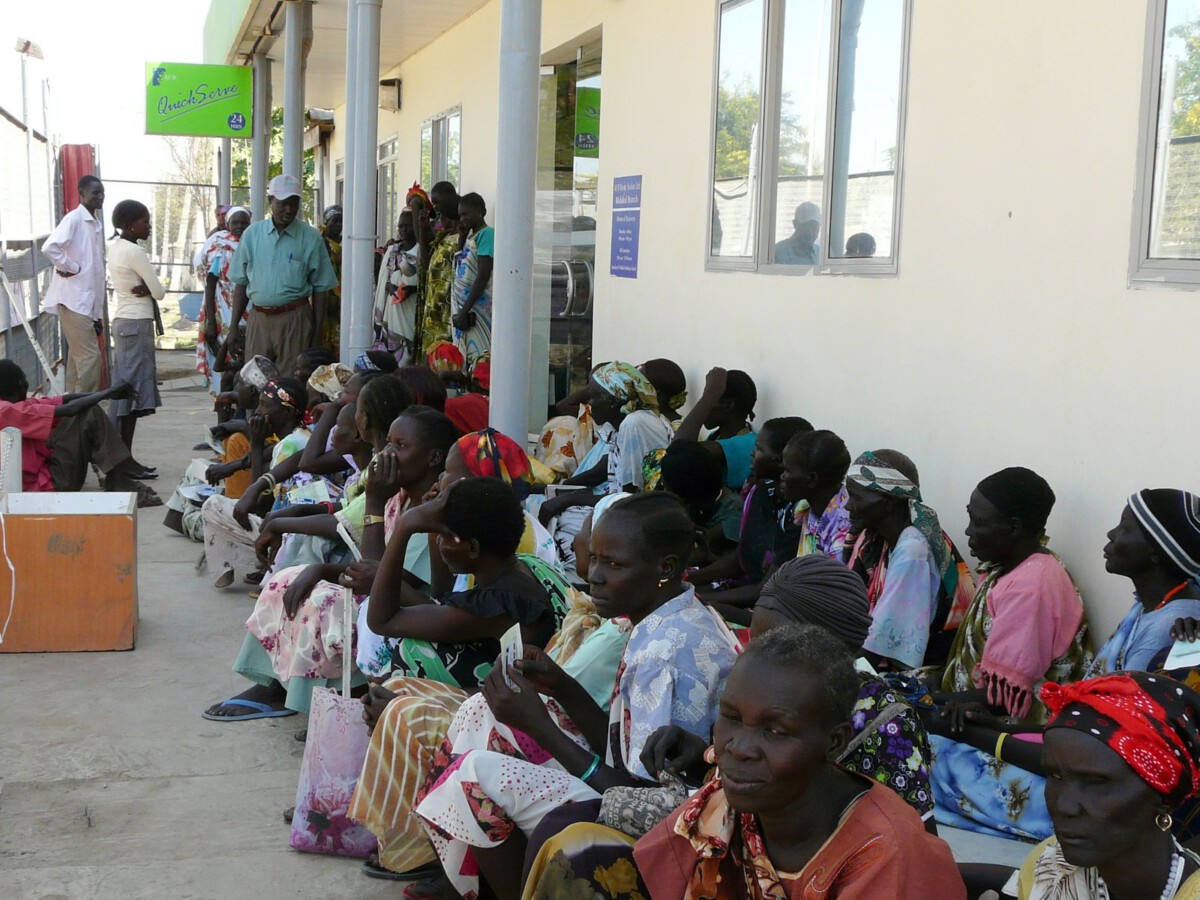Finland: The Pinnacle of Happiness

Finland is the undisputed leader in global happiness, securing the number one spot again in the World Happiness Report 2024 with a score of 7.8 out of 10. This remarkable achievement is rooted in the country’s robust social safety net, excellent public education, and universal healthcare. The Finnish government invests heavily in well-being, and citizens enjoy low levels of corruption and high personal freedom. Notably, a 2023 survey found that 90% of Finns feel confident they can turn to family or friends in times of need, showcasing the strength of social bonds. The culture of “sisu,” a unique Finnish concept emphasizing resilience and determination, is credited with helping people face life’s challenges optimistically. Finland also ranks high in environmental quality, with clean air and abundant green spaces enhancing daily life for citizens. The combination of trust, security, and community support remains at the heart of Finnish happiness.
Denmark: A Model of Equality and Trust

Denmark holds steady at number two, posting a World Happiness Report 2024 score of 7.6. The Danish model is characterized by its comprehensive welfare state, which ensures citizens’ access to healthcare, education, and social services. A recent study by the Happiness Research Institute found that 80% of Danes rate their quality of life as high, thanks in part to equitable policies and a strong sense of trust in both government and fellow citizens. The cultural embrace of “hygge”—a concept centered around coziness and togetherness—fosters frequent communal activities and a sense of belonging. Danes enjoy a healthy work-life balance, with generous parental leave and vacation time, which is reflected in national mental health statistics. Urban environments are designed with cycling and pedestrian access in mind, supporting both physical and social well-being. This sense of security and trust continues to set Denmark apart as a happiness leader.
Iceland: Nature and Community at Its Core

Iceland claims the third spot in global happiness, reporting a score of 7.5. The nation’s stunning natural environment, from volcanoes to glaciers, plays a major role in everyday well-being, offering citizens unparalleled access to outdoor recreation. According to a 2024 Gallup survey, 85% of Icelanders feel a strong sense of community, underlining social cohesion as a key to happiness. Iceland’s government prioritizes mental health services and has invested in suicide prevention and counseling programs, particularly for young people. Gender equality is a national priority, and Iceland remains a global leader in closing the gender pay gap. The sense of national pride is further strengthened by the preservation of unique cultural traditions, such as ancient sagas and music. Icelanders benefit from high levels of trust in their institutions, and this trust is reflected in the country’s resilience during times of crisis.
Switzerland: Wealth and Well-Being

Switzerland ranks fourth in the World Happiness Report 2024, with a happiness score of 7.4. The nation enjoys a high GDP per capita and some of the lowest unemployment rates in Europe, creating a sense of financial security for most citizens. The Swiss Federal Statistical Office reported in late 2023 that 78% of people in Switzerland are satisfied with their lives. The country’s world-class healthcare system is accessible to all, and the government’s focus on privacy and personal freedom contributes to a strong sense of autonomy. Outdoor activities such as hiking, skiing, and cycling are deeply embedded in Swiss culture, promoting both physical and mental well-being. Switzerland’s political system, which encourages direct democracy, gives citizens a real voice in national decisions. The result is a population that feels both empowered and supported, driving high levels of reported happiness.
Netherlands: A Balance of Work and Life

The Netherlands holds the fifth spot in the happiness index with a strong score of 7.3. The country is lauded for its progressive social policies, including wide-ranging parental leave and robust labor protections. According to a 2024 national survey, 75% of Dutch adults report satisfaction with their work-life balance, supported by the country’s flexible working hours and generous holiday allowances. The Netherlands is famous for its extensive cycling infrastructure, which not only encourages sustainable transportation but also promotes daily exercise and stress reduction. Social trust remains high, with 70% of Dutch citizens saying they believe most people can be trusted, according to research from 2024. Community participation is also strong, with frequent local festivals and active volunteerism. The Dutch government continues to invest in mental health outreach and support, helping maintain national well-being.
Norway: Nature and Equality

Norway’s sixth-place ranking, with a happiness score of 7.2, is attributed to its blend of natural beauty and strong social policies. Wealth from natural resources like oil is channeled into comprehensive social programs that cover healthcare, education, and unemployment benefits. A 2023 Statistics Norway report revealed that 82% of Norwegians feel satisfied with their lives. The country is known for its egalitarian ethos, with low income disparity and robust gender equality. Access to nature is a central aspect of Norwegian life, with citizens spending significant time hiking, skiing, and enjoying the outdoors. The government’s focus on mental health, including early intervention services and destigmatization campaigns, has contributed to improved well-being. Community spirit is strong, with local clubs and organizations playing a vital role in social support.
Sweden: A Commitment to Welfare

Sweden secures seventh place on the global happiness index, scoring 7.1. The country’s welfare system ensures comprehensive healthcare, tuition-free education, and generous parental leave, all of which contribute to life satisfaction. A 2024 national study reported that 77% of Swedes are content with their quality of life. Sweden continues to make strides in gender equality, with women holding nearly half of parliamentary seats and a strong focus on closing the gender pay gap. The Swedish philosophy of “lagom”—seeking balance and moderation—shapes both work culture and daily living. Environmental sustainability is a priority, with widespread recycling programs and investments in green energy. Social trust is also high, creating a stable and supportive environment for citizens.
Luxembourg: Wealth and Quality of Life

Luxembourg is ranked eighth in global happiness, with a score of 7.0. The country boasts one of the highest GDPs per capita worldwide, and unemployment remains low. The National Institute of Statistics and Economic Studies found in 2023 that 80% of Luxembourgers are satisfied with their lives. Luxembourg invests heavily in public services, including free public transport introduced in 2020 and ongoing commitments to healthcare and education. The nation’s multicultural population fosters a vibrant sense of community, with one-third of residents being foreign-born. Work-life balance is maintained through generous leave policies and flexible working arrangements. Political stability and public safety further enhance daily living standards.
New Zealand: A Focus on Well-Being

New Zealand holds ninth place, reporting a happiness score of 6.9. The government’s unique “Wellbeing Budget,” launched in 2019 and refined yearly, prioritizes mental health, child welfare, and environmental sustainability. A 2024 government survey found that 76% of New Zealanders feel satisfied with life, citing strong social ties and access to nature as key factors. Outdoor recreation, from hiking to surfing, is a cornerstone of Kiwi culture, promoting both physical and psychological health. The government continues to invest in mental health infrastructure, including new support centers and outreach programs. Social equality efforts, such as increased funding for Māori and Pacific communities, have also helped elevate national well-being. Community engagement is high, with local events and volunteerism thriving across the country.
Austria: Culture and Quality of Life

Austria rounds out the top ten, scoring 6.8 in the World Happiness Report 2024. The country’s rich cultural scene, from classical music to modern art, is a source of pride and satisfaction for citizens. A 2023 national survey indicated that 74% of Austrians are content with their lives. Austria’s healthcare system is ranked among Europe’s best, providing universal coverage and high-quality care. Social support networks are strong, with family and community ties playing a vital role in daily life. The country’s work-life balance is supported by legal protections for vacation time and flexible work hours. Austria also emphasizes environmental sustainability, with expansive parks and public green spaces enhancing urban living.
Afghanistan: The Least Happy Nation

Afghanistan sits at the bottom of the global happiness rankings, with a score of 2.5 in 2024. The country continues to grapple with conflict, economic instability, and widespread poverty, leaving over 70% of the population below the poverty line according to a 2023 United Nations report. Basic services such as healthcare and education remain inaccessible for many, and ongoing violence contributes to a pervasive sense of insecurity. A severe humanitarian crisis persists, with millions facing food shortages and displacement. Social support structures have eroded, and mental health issues are widespread, with few resources available for treatment. The daily struggle for survival overshadows any prospects for improvement in happiness indicators.
South Sudan: Enduring Hardship

South Sudan is the second least happy nation globally, registering a score of 2.7. Years of civil war have resulted in mass displacement, with more than 60% of the population living in extreme poverty, as reported by the World Bank in 2024. Education and healthcare systems are severely underdeveloped, leaving most citizens without basic services. The ongoing conflict has created a climate of fear and uncertainty, hindering efforts to rebuild communities. Food insecurity is rampant, and humanitarian organizations continue to warn of catastrophic conditions if support does not increase. Social trust is low, with many people cut off from traditional support networks due to violence and migration. The international community continues to call for urgent action to address the crisis.
Central African Republic: Struggling Amid Crisis

The Central African Republic is ranked third from the bottom, scoring just 2.9 in the 2024 happiness index. The country has been mired in violence and political instability for years, with over 50% of the population needing humanitarian aid according to a 2023 United Nations assessment. Healthcare and education services are severely lacking, and infrastructure remains underdeveloped. Frequent outbreaks of violence have displaced hundreds of thousands, creating a sense of persistent insecurity. Malnutrition and disease are widespread, placing immense strain on families. Humanitarian organizations face difficulties reaching those in need due to ongoing conflict and logistical challenges. Despite international efforts, the situation remains dire for the majority of the population.





